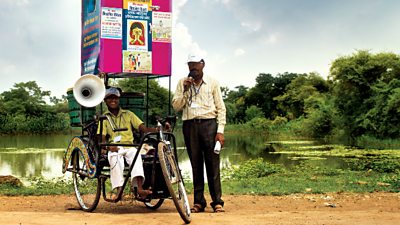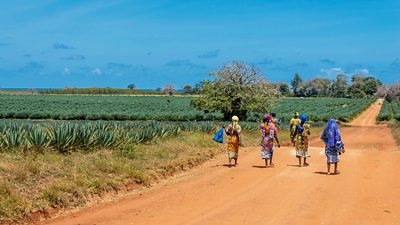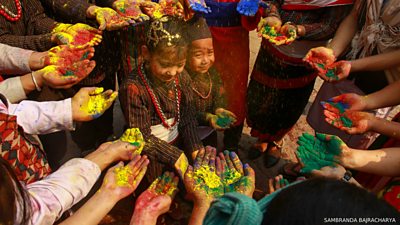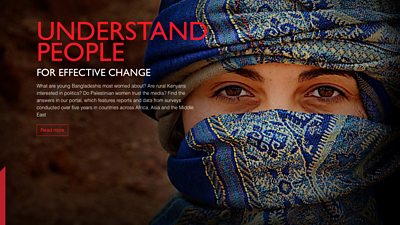Downloads
Research summary
Published: January 2022
91»»Ī¨ Media Action‚Äôs innovative sexual and reproductive health rights (SRHR) project - Ma Shet Ne (Don‚Äôt be shy!) ‚Äď was designed to support young people living in Yangon to access quality information and understand their rights and responsibilities in relationships and sexual health. Research findings show that young people are highly engaged with the digital content. They reported learning and becoming more open-minded and confident to talk about SHRH topics.
Context and the project
Challenging social norms that inhibit healthy SHRH attitudes and behaviours takes time. With funding from , this project phase ran from 2019 to 2021, using a range of digital media outputs targeted to young people aged 15-24 years in Yangon. The objectives were to increase awareness and knowledge of key SRHR issues; promote discussion to challenge norms and behaviours that are barriers to SRHR, and provide a platform for SRHR service providers, policy makers and youth audiences to engage in discussions.
The digital content consisted of the Ma Shet Ne Facebook page and a chatbot to ask questions and receive information. Videos, photos and Facebook Lives covered a wide variety of SRH topics, including contraception, consent, menstruation and health services. The project focused on:
- building a popular, informative brand that young people trust;
- providing SRHR information and resources for young people, focusing on the topics and issues they are most interested in;
- trialling different content, formats and voices on the FB page; facilitating discussion online and in-person through different outreach activities;
- building partnerships with other key SRHR actors to support their communication with youth.
Research methodology
A quantitative evaluation was completed in early 2021. Due to the changing political situation in Myanmar, the approach was adapted to a one-point-in-time study, comparing Ma Shet Ne audiences with non-audiences (approx. 1/3 natural audiences; 1/3 exposed through experiment only and 1/3 not exposed). A total of 675 Yangon youths (18-24 yrs) took part with an equal split of men and women. The survey included a range of knowledge and attitudinal questions on priority SRHR topics addressed by the Ma Shet Ne page. Descriptive analysis and regression modelling was used to explore the relationship between exposure to Ma Shet Ne and key outcomes.
Key findings
Popular content - In Phase 1, Ma Shet Ne gained 1.3 million followers and one million fans (those that ‚ÄėLike‚Äô the page). The page‚Äôs ground breaking stories have gained millions of views. Ma Shet Ne posts with the highest engagement are videos with unique or taboo SRHR stories, particularly those featuring celebrities. For example; a transman experiencing menstruation, masturbation and female condoms.
The page receives a consistent average of 100 requests through their chatbot per week. The most common queries relate to contraception and menstruation.
Impact
Knowledge - Audiences reported learning about a broad range of SRHR topics from Ma Shet Ne. The evaluation found exposure to Ma Shet Ne is associated with more open attitudes about sex. Ma Shet Ne audiences were twice as likely as non-audiences to agree that it is normal for young people to have an interest in sex. Notably, this includes perceptions that young people with disability can have an interest in sex ‚Äď a priority topic addressed by the project.
Discussion with doctors about sexual relationship and contraception among couples is useful for me. I may apply it later.‚ÄĚ
93% of Ma Shet Ne followers interviewed describe the content as being ‚Äėuseful‚Äô. Audiences felt the page provides important knowledge for young people, encouraging youth to seek information and ask questions without embarrassment.
Open discussion - Pushing boundaries has helped to make impact. The core aim of Ma Shet Ne is to address the shame that limits open discussion about SRHR topics by providing a platform for open discussion online. The evaluation found that Ma Shet Ne audiences are significantly more confident than non-audiences to talk about SHRH topics offline-with medical professionals, friends and partners ‚Äďa key achievement.
Implications for Ma Shet Ne phase 2
As the page’s reach expands to focus on other states and regions, it is important to understand how youth needs across the country may differ from the original Yangon target audience. The production team has started to develop content which addresses more advanced or challenging themes, and framing the content through audience feedback via comment analysis and Chatbot Messenger engagement.
This evaluation study found that Ma Shet Ne audiences are significantly more confident than non-audiences to talk about SHRH topics offline with medical professionals, friends and partners. However, shame remains a barrier for many young people and there is scope to improve the ability to have open, balanced discussion online about SHRH topics ‚Äď particularly for women. Going forward, Ma Shet Ne will look at how to further manage negative comments, and develop content to further address young women‚Äôs SRH rights.
Find out more about our work in Myanmar here.
Read more on the impact of our work through social media
Our research library
-

Long reads
Read our comprehensive research reports of the evidence behind our work. All of our publications are freely available to download. -

Short reads
At a glance, explore key findings and evidence behind our work. All of our publications are freely available to download. -

By country
Explore our findings and analysis country by country. All of our publications are freely available to download. -
 What are young Bangladeshi's most worried about? Are rural Kenyans interested in politics? Do Palestinian women trust the media? Find the answers in our data portal (last updated 2020).
What are young Bangladeshi's most worried about? Are rural Kenyans interested in politics? Do Palestinian women trust the media? Find the answers in our data portal (last updated 2020).


